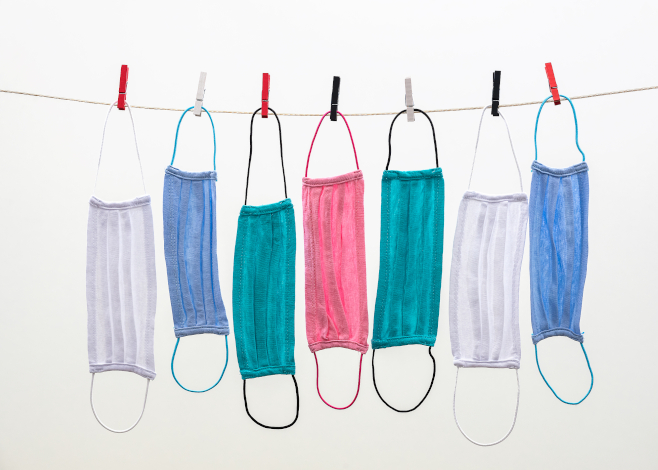
It’s a common misconception that being a ‘green’ diver is difficult, now made nearly impossible in the age of Covid, but this is simply not true. The coronavirus has introduced many new challenges, but businesses and divers continue to come together to find solutions that work. Your next dive does not have to be complicated, or expensive, and you don’t have to compromise on enjoyment to keep ocean conservation top of mind. Here are eight easy ways to be an environmentally conscious diver in the age of Covid.
Select a sustainable business
Not all operators are equal. When planning your holiday try to book with a responsible operator. Search for a business that adheres to its environmental commitment even in this difficult time. If the operator stands firm in its pledge, you will see creative solutions at work. Look for a sustainability strategy on their website and visual evidence of their environmental efforts. Read their reviews, and steer clear if they mention harmful practices.
Buy a washable face mask
Whether you’re visiting a dive shop or traveling through an airport, masks are now the norm. Say no to disposable and buy a mask made from recycled plastic-bottles. These face masks contribute to cleaner oceans and are washable. Plus, you can choose a unique pattern that shows your aquatic personality. Order them from PADI, or better yet, buy one locally and support a small business owner.
Go paperless
There’s never been a better time to switch to digital. Request all your dive and travel documents be sent electronically. It’s a win-win — going paperless keeps you socially distanced and makes for a happier planet.
Keep reusables nearby
An unexpected side effect of Covid-19 is an increased accumulation of plastic pollution. To adhere to new government regulations, many businesses are only supplying disposable items, eliminating more eco-friendly options. Keeping reusables close at hand allows you to refuse plastics on the spot and reduce waste. A to-go bag with a water bottle or coffee cup and utensils are must-haves for every sustainable diver.
Look for smart sanitization
Most cleaning agents used for coronavirus sanitization are hazardous to the marine environment. More so, the type of product and ways they are being applied can further exacerbate the impact. For instance, aerosols are more harmful than liquids.
Try to dive with shops that have a green sanitization strategy. They tend to be more cautious with their product use and dispose of chemicals correctly. To do a deeper dive into the best environmental cleaning practices download this guide. Don’t forget to apply these tips at home too.
Wash those hands
Alcohol-based hand sanitizer can negatively impact on the ocean. Plus, each little bottle is 100 percent plastic. So, when possible, always make hand washing your first choice. The Centers for Disease Control (CDC) agrees that washing your hands in hot, soapy water is the most effective strategy to kill the coronavirus.
Make your trip matter
Marine parks are falling into financial crises without visitors. Supported by day use fees, some are unable to continue their protection of these special areas. By diving in a marine protected area you can aid conservation simply by paying your entry fee. For a more hands-on approach, join one of their volunteer programs. Fight invasive species, conduct a fish count, or even plant coral.
Set a good example
As a diver, you’re on the front line. Set a good example by using best diving practices, limiting your own physical impact, and educating others to do the same. Green Fins has created easy guidelines for divers, dive staff and dive operators which are free to download here. Dive professionals can also take the free Dive Guide e-course to continue their environmental learning.
In the end, staying an environmentally conscious diver is not about being perfect. It’s about striving to make better choices and helping others do the same. If we all work together to adopt sustainability as the new norm, we can emerge in this new post-Covid world stronger. Let’s spread sustainability, not the coronavirus.
Rachel Huber is a dive instructor and freelance writer based in Squamish, Canada. After a decade living a pirate’s life in the Caribbean, she moved home where she now writes primarily on travel and liveaboard diving. Her passion for scuba continues to take her all over the world seeking her next great story, and a whale shark or two. Visit her website or find her on Instagram.

 Private Scuba Tuition – Learn Scuba Skills.
Private Scuba Tuition – Learn Scuba Skills.
Leave a Reply
Want to join the discussion?Feel free to contribute!